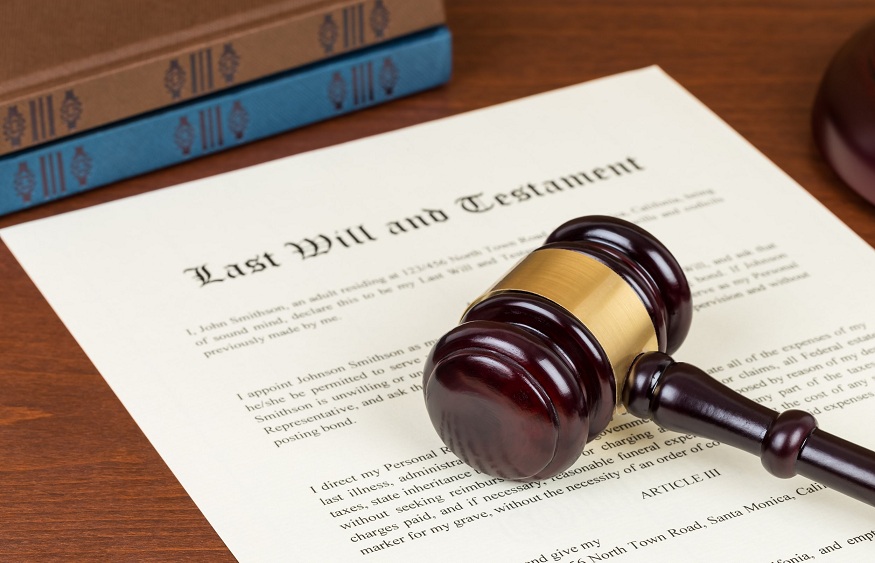Top 5 Challenges Executors Face During Probate Administration
Probate administration can feel overwhelming. Executors often find themselves facing multiple challenges. Understanding these issues can make the process smoother. First, staying organized is crucial. Executors must manage various documents and deadlines. This task can be daunting without a clear plan. Second, dealing with family dynamics is often difficult. Emotions can run high during this time, making communication essential. Third, understanding legal obligations is important. Executors must follow specific legal steps to ensure compliance. Fourth, asset valuation and distribution require careful attention. Executors must accurately assess and distribute assets to heirs. Lastly, tax implications can complicate matters. Executors need to be aware of tax responsibilities to avoid penalties. The Ebbert Law Firm provides guidance and support for these challenges, helping executors navigate probate with confidence. By recognizing and addressing these challenges, executors can fulfill their duties more effectively and ease the probate process for everyone involved.
1. The Challenge of Staying Organized
Organization is key in managing probate effectively. Executors handle multiple documents, including wills, financial statements, and tax forms. A comprehensive checklist can help in keeping track of tasks and deadlines. The Nolo website offers resources that can be invaluable in this undertaking. Using labeled folders or digital tools can aid in sorting important papers and correspondence. By doing so, executors can reduce stress and maintain control over the process.
2. Navigating Family Dynamics
Family relationships can bring complexities to probate. Emotions may be heightened, leading to potential disputes. Clear communication is critical to avoid misunderstandings and conflicts. Executors should strive to keep all parties informed and involved. Mediating discussions among family members can also help in resolving disagreements. Understanding the family’s dynamics and approaching situations with empathy can make the process smoother for everyone involved.
3. Understanding Legal Obligations
Knowing the legal steps in probate is crucial for executors. Each state has specific requirements and timelines. Failure to comply with these can result in legal consequences. Executors should familiarize themselves with the probate laws in their jurisdiction. Consulting legal professionals or reputable resources such as USA.gov can provide clarity on these obligations. Proper understanding helps in ensuring the process is completed without legal hiccups.
4. Asset Valuation and Distribution
Accurately valuing and distributing assets is a vital executor responsibility. Assets may include real estate, stocks, personal belongings, and more. Executors should seek professional appraisals for items whose value is unclear. Once valued, assets must be distributed according to the will’s instructions or, if no will exists, by state law. Keeping detailed records of how assets are valued and distributed is essential. This transparency helps in avoiding disputes and ensuring fair distribution.
5. Tax Implications
Taxes can present a significant challenge in probate administration. Executors must be aware of any taxes that the estate may owe. These might include estate taxes, income taxes, or property taxes. Filing the required tax returns on time is crucial to avoid penalties. Working with a tax professional can provide guidance and ensure compliance with tax laws. Understanding these responsibilities simplifies the process and prevents future complications.
Comparison of Executor Challenges
| Challenge | Key Actions |
| Staying Organized | Use checklists and digital tools |
| Family Dynamics | Communicate clearly and mediate |
| Legal Obligations | Familiarize with laws and consult professionals |
| Asset Valuation | Seek professional appraisals |
| Tax Implications | Work with a tax professional |
By understanding and addressing these challenges, executors can make the probate process more manageable. Each step, from organizing documents to dealing with taxes, requires careful attention and action. With the right tools and resources, executors can fulfill their responsibilities confidently, easing the burden for themselves and the beneficiaries.


Leave a Reply
You must be logged in to post a comment.